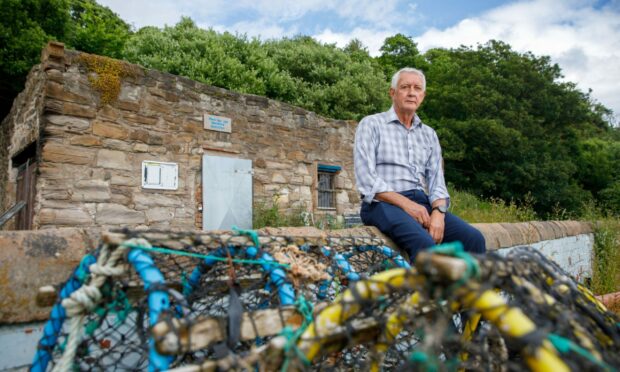A Scottish Government advisory group has claimed public libraries will continue to play a key role in local life “for years to come”.
The Scottish Library and Information Council (SLIC) said services “are as relevant today as when they were first established” as the body launched Scotland’s first national public strategy for libraries.
It comes despite a backdrop of major cuts to library provision, particularly in Fife, where operators intend to close the doors of 16 libraries as part of a cost-cutting project.
Fife Cultural Trust confirmed last year that it was investigating the possibility of closing 16 libraries across the region, part of a bid to save hundreds of thousands of pounds.
Because of a drop in visitor numbers, communities have been given the opportunity to step forward and save their library if suitable plans are submitted.
Pamela Tulloch, chief executive of SLIC, said libraries remained an integral part of Scottish society. “Libraries are as relevant today as when they were first established,” she said.
“The strategy has provided library services across the country with focus to move in the same direction together, using our combined strength to build the service, while offering a wide range of partners an opportunity to engage at a national level.
“Scotland’s libraries continue to be popular, well-loved and trusted spaces. Their intrinsic links to local communities mean they will continue to be a key part of Scotland’s culture and heritage for many years to come.”
Earlier this month it was revealed one library threatened with closure, Glenwood in the west of Glenrothes, has been saved following plans by two community groups to integrate the service as part of a new community hub.
Mrs Tulloch said that libraries were about more than lending books, adding: “The value of libraries has been questioned against the backdrop of increasing digital information and technology.
“But it is the digital age that has helped libraries to deepen their engagement with local communities, forging out new ways to support people in the way they need.
“People are still borrowing books, but more people are using their library to access digital information, as a space to learn and to take part in community events and as a local hub to access services.”
jowatson@thecourier.co.uk










